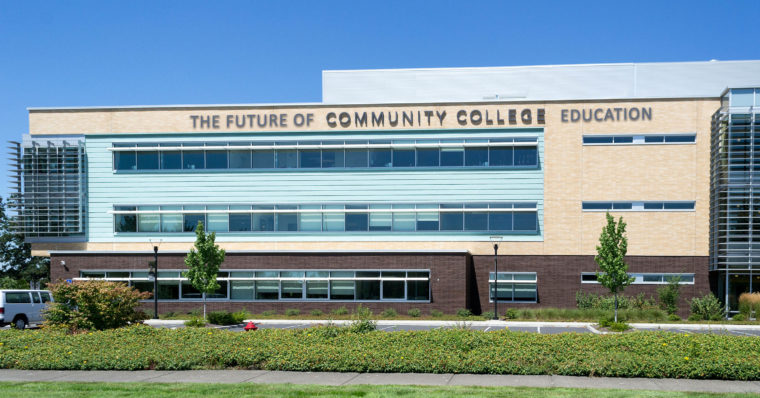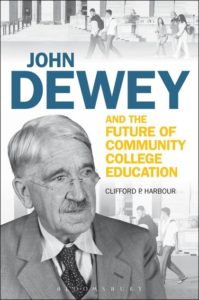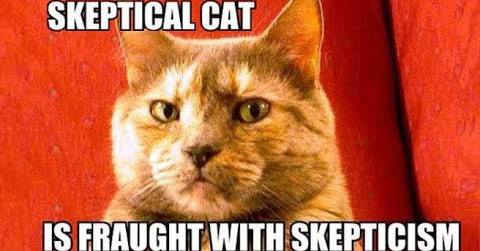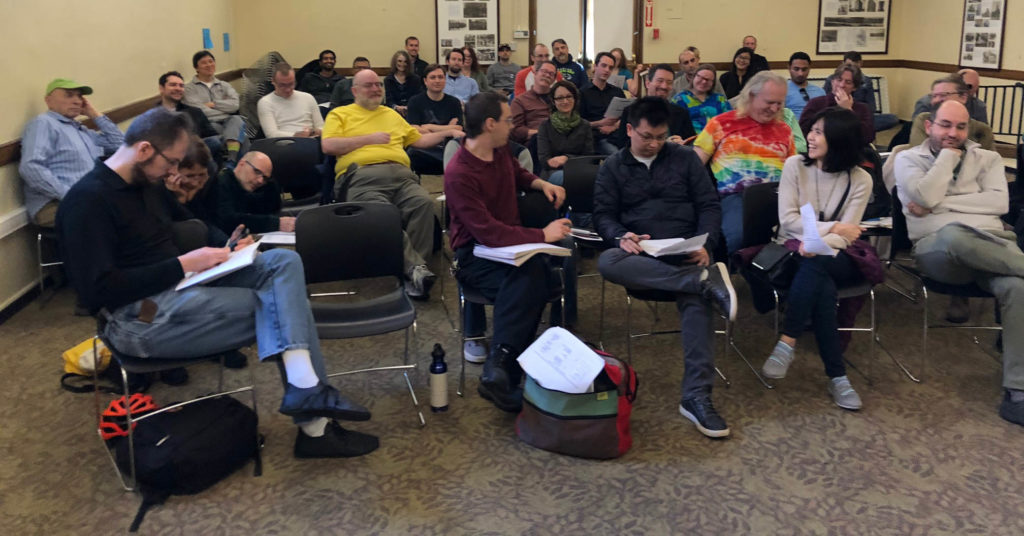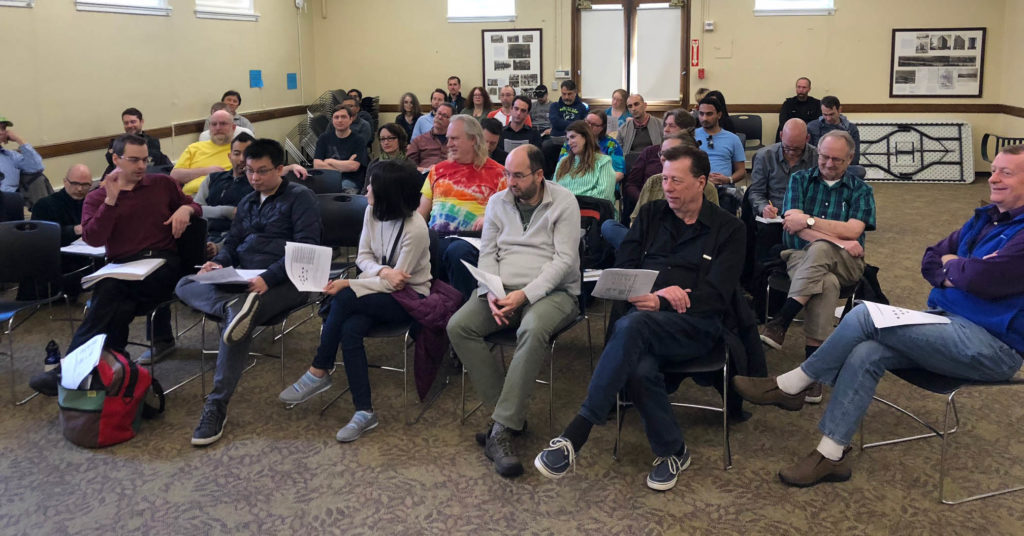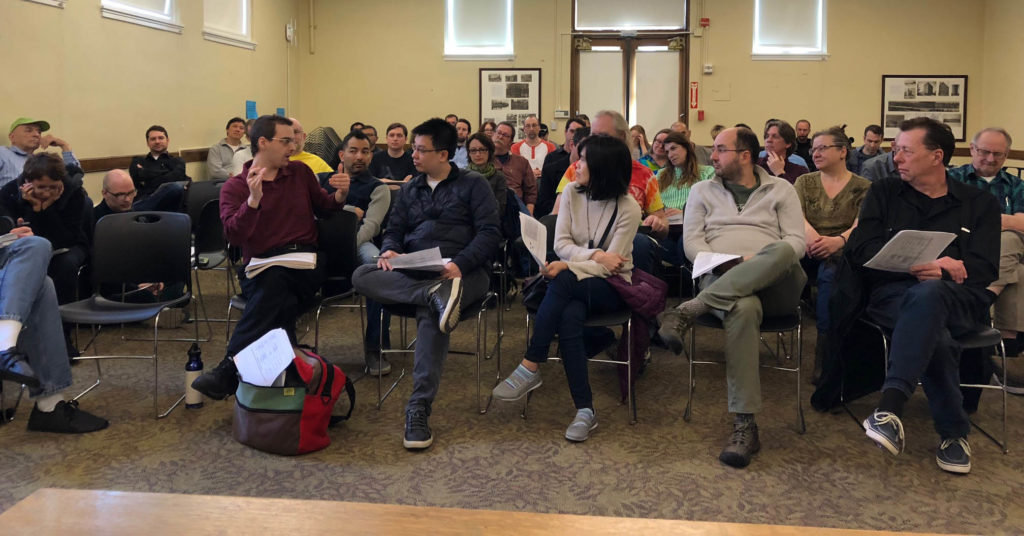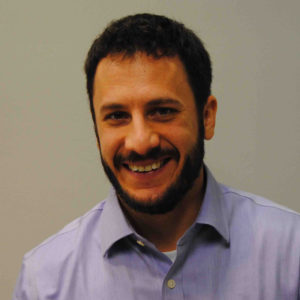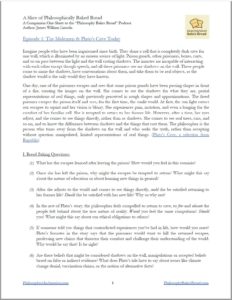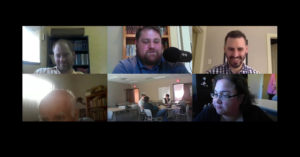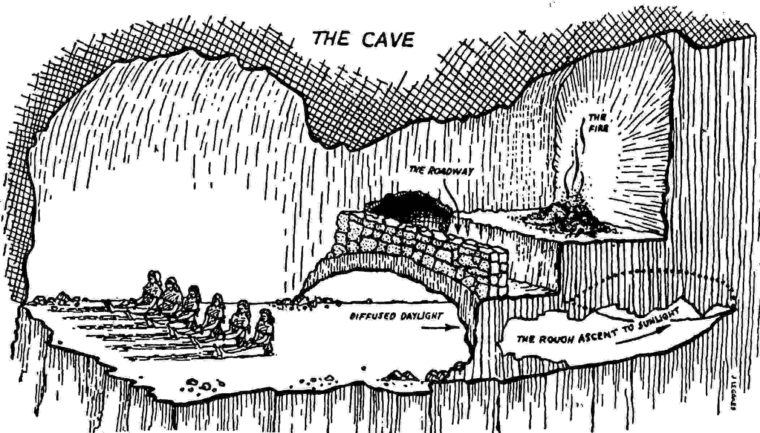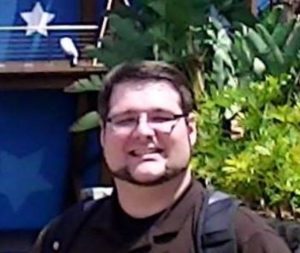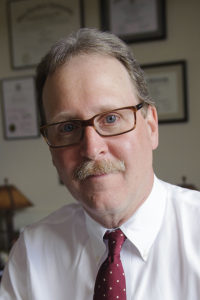
Cliff is Professor of Counseling and Higher Education at the University of North Texas, which he joined in 2017. From 2008 until this move, he taught at the University of Wyoming, and before that at Colorado State University. He has an impressive philosophical background, having majored in Philosophy as an undergraduate, before studying the law. After that, he headed to Duke University for his master’s degree in Philosophy, and then completed his doctorate in education at North Carolina State University.
Listen for our “You Tell Me!” questions and for some jokes in one of our concluding segments, called “Philosophunnies.” Reach out to us on Facebook @PhilosophyBakesBread and on Twitter @PhilosophyBB; email us at philosophybakesbread@gmail.com; or call and record a voicemail that we play on the show, at 859.257.1849. Philosophy Bakes Bread is a production of the Society of Philosophers in America (SOPHIA). Check us out online at PhilosophyBakesBread.com and check out SOPHIA at PhilosophersInAmerica.com.
(1 hr 5 mins)
Click here for a list of all the episodes of Philosophy Bakes Bread.
 Notes
Notes
- Cliff Harbour, John Dewey and the Future of Community College Education (London: Bloomsbury Academic Publishers, 2014).
- Richard Field, “John Dewey,” Internet Encyclopedia of Philosophy.
- “Fast Facts on Completion Rates,” the National Center for Education Statistics.
You Tell Me!
For our future “You Tell Me!” segments, Cliff posed the following question in this episode:
“Where do you see philosophy reflected, displayed, exhibited in the arts, like literature and film?”
Let us know what you think! Via Twitter, Facebook, Email, or by commenting here below.


